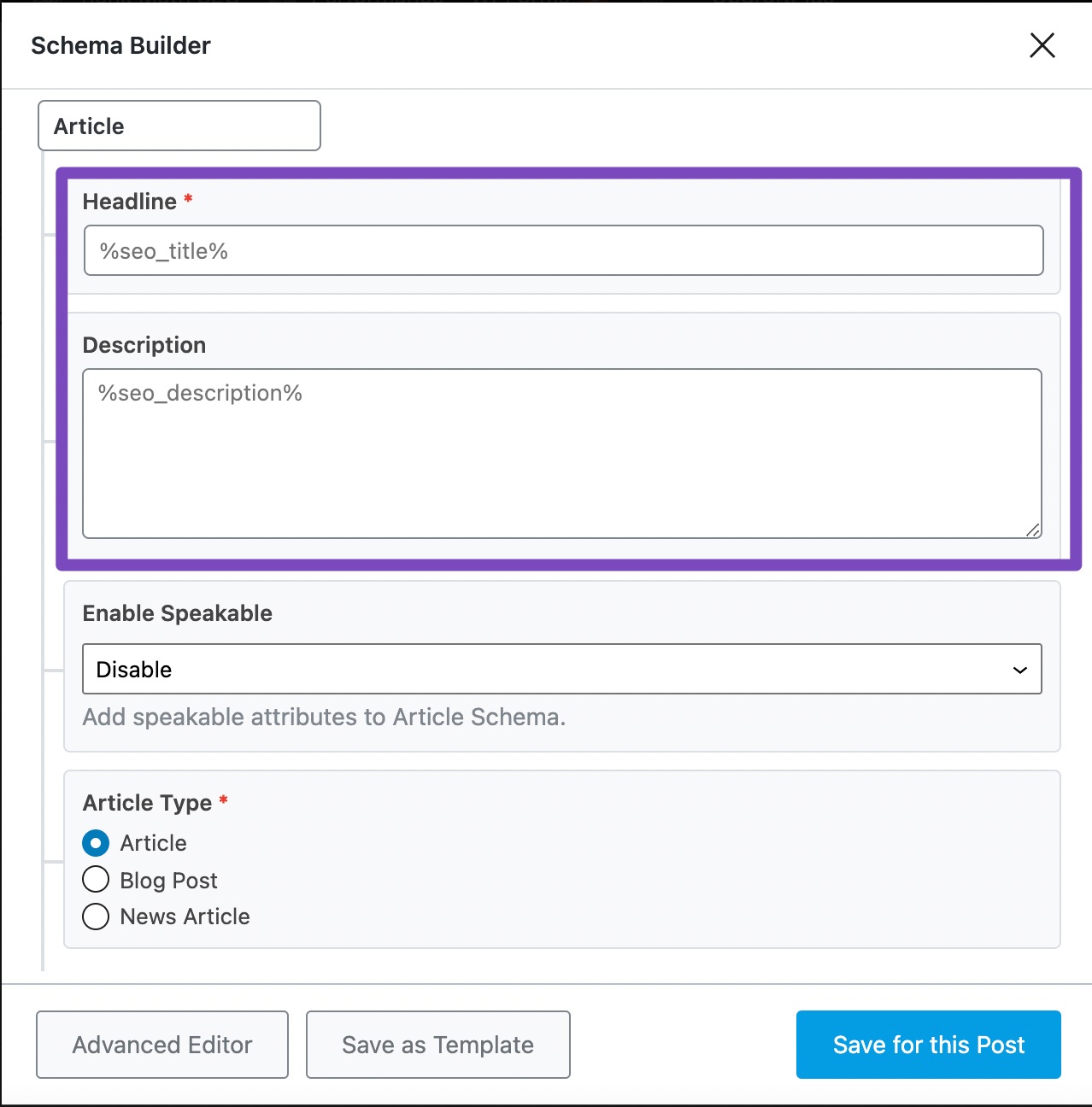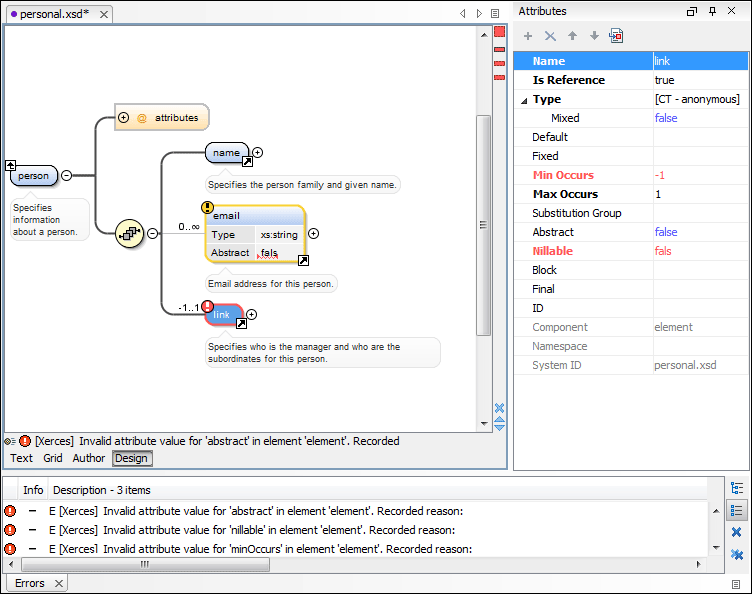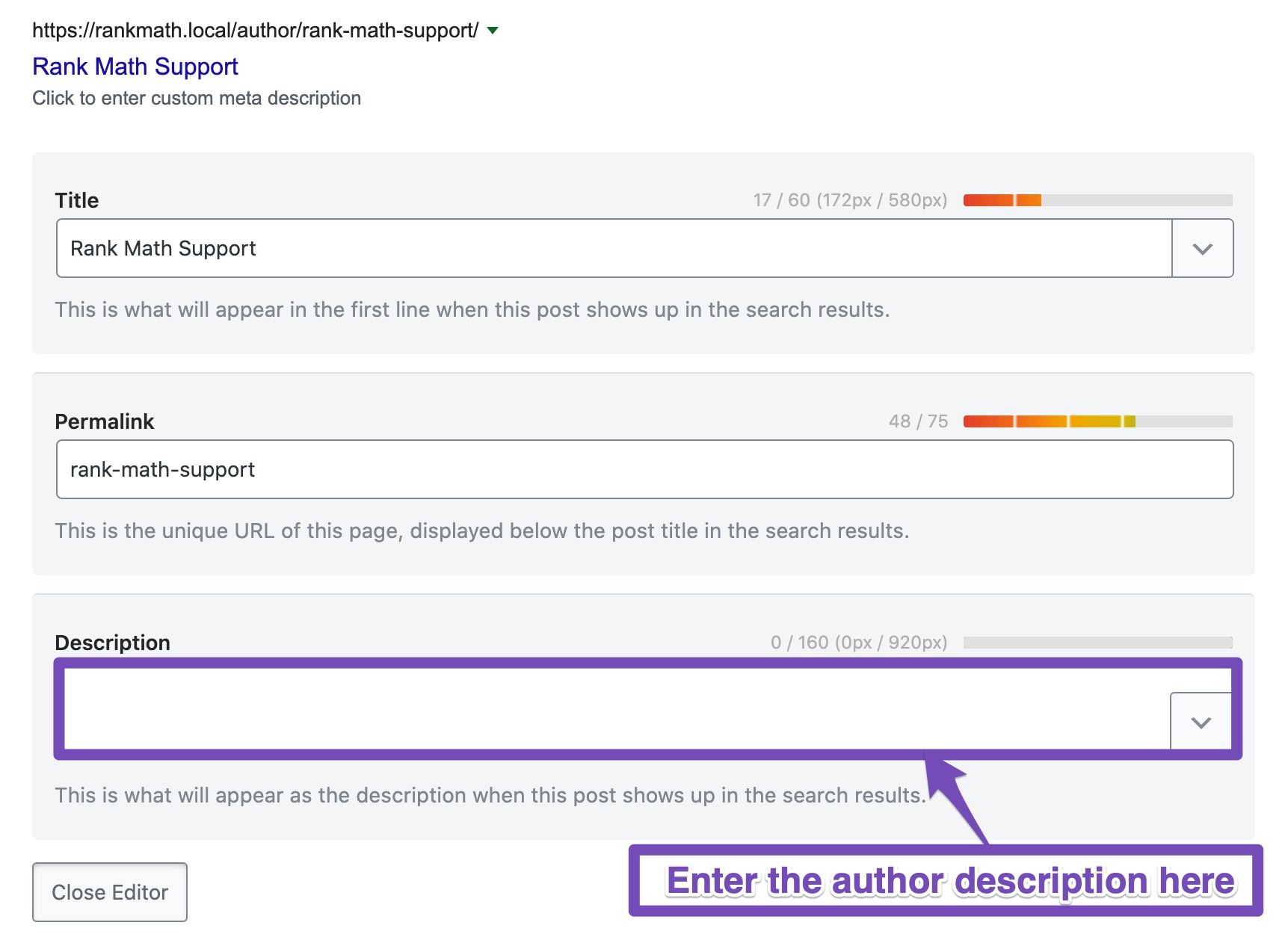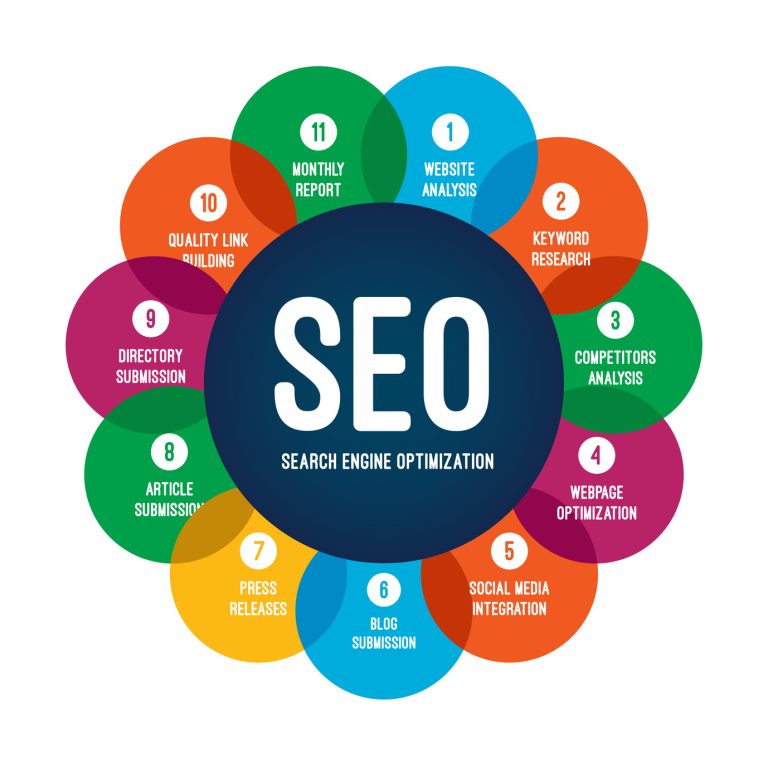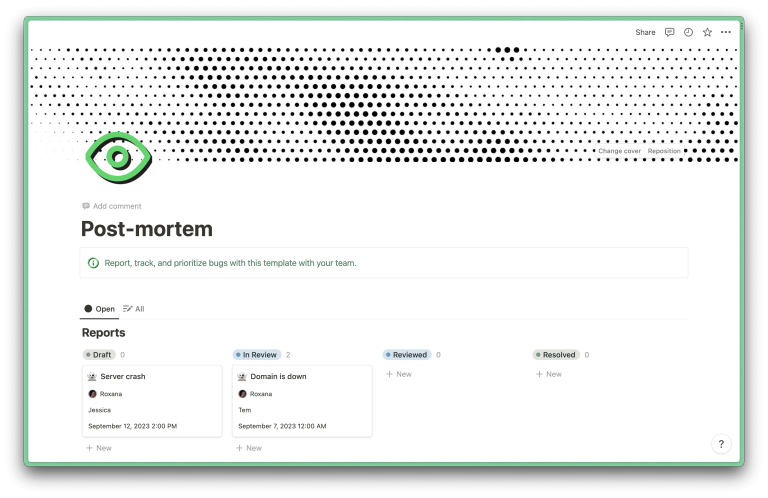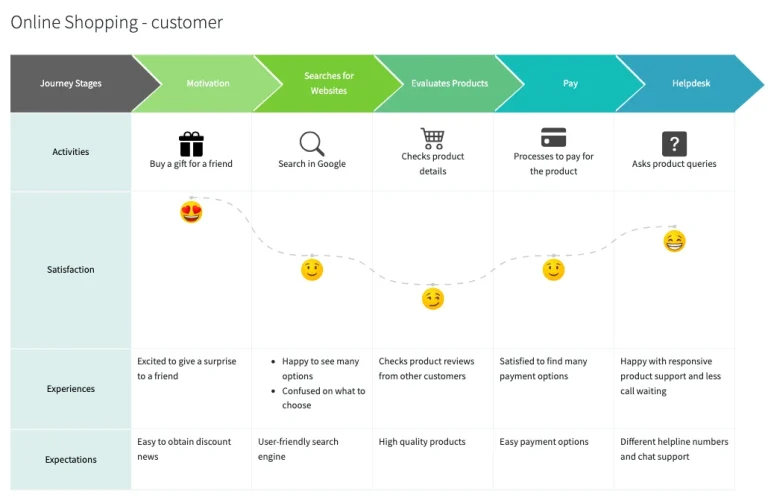
In an era where trust and authority are paramount, the digital landscape has evolved to prioritize content that not only informs but also demonstrates credibility. Search engines like Google have increasingly emphasized the importance of E-A-T (Experience, Expertise, Authority, and Trustworthiness) in determining the quality and relevance of content. One of the most effective ways to bolster your E-A-T is through the strategic use of ‘About / Author’ Schema.
This article will guide you through the process of implementing the Author Schema, how it enhances your E-A-T, and why it’s essential for modern SEO. Whether you’re a content creator, marketer, or website owner, understanding and leveraging this structured data can significantly improve your visibility, engagement, and long-term success in search results.
What Is ‘About / Author’ Schema and Why It Matters
The ‘About / Author’ Schema is a form of structured data markup that allows you to provide explicit information about the author of a piece of content. This includes details such as the author’s name, job title, image, social media profiles, and even their qualifications or areas of expertise.
By using this schema, you help search engines understand who is behind the content, which directly contributes to your E-E-A-T score. While author authority isn’t a direct ranking factor, it plays a critical role in establishing trust with both users and search engines. Content from authors with strong credentials and a clear identity is more likely to be seen as credible, leading to better user engagement and higher rankings over time.
For example, if you publish an article on healthcare, having an author with medical credentials clearly marked via schema can signal to Google that your content is trustworthy and authoritative. This is especially important in industries where misinformation can have real-world consequences, such as health, finance, and legal advice.
How ‘About / Author’ Schema Impacts SEO Performance
Implementing the ‘About / Author’ Schema can have a tangible impact on your SEO performance in several key areas:
1. Improved Click-Through Rates (CTR)
When search engines display rich snippets—like author photos, titles, or social links—users are more likely to click on your result. A well-optimized author profile can make your content stand out in the SERPs, increasing CTR and driving more organic traffic.
2. Enhanced User Trust
Readers are more inclined to engage with content that comes from a known, credible source. The presence of an author’s photo, bio, and social links creates a sense of authenticity and builds trust, which can lead to longer dwell times and lower bounce rates.
3. Better Visibility in Voice Search
With the rise of voice assistants like Siri, Alexa, and Google Assistant, structured data like the ‘About / Author’ Schema becomes even more valuable. These platforms often pull information from structured data to provide answers, making it more likely that your content will be featured in voice search results.
4. Support for E-E-A-T Compliance
Google’s quality rater guidelines emphasize the importance of E-E-A-T. By clearly defining the author and their background, you align your content with these standards, which can indirectly influence your rankings.
Step-by-Step Implementation Framework
Here’s a practical, step-by-step approach to implementing the ‘About / Author’ Schema on your website:
1. Define or Audit the Current Situation
Before implementing any schema, assess your current content and authorship setup. Identify which articles or pages could benefit from an author schema. Check if existing content already has author information or if it needs to be added.
2. Apply Tools, Methods, or Tactics
Use tools like Rank Math, Schema Pro, or Google’s Structured Data Testing Tool to generate and implement the schema. These plugins simplify the process by allowing you to input author details directly into your CMS.
If you’re working manually, create a JSON-LD script that includes:
– @context
– @type: Set to “Person” for the author.
– name: Full name of the author.
– url: Link to the author’s bio page.
– image: URL of the author’s profile picture.
– sameAs: Links to the author’s social media profiles.
– jobTitle, affiliation, and expertise (optional but recommended).
Example:
<script type="application/ld+json">
{
"@context": "https://schema.org",
"@type": "Person",
"name": "Aubrey Yung",
"url": "https://aubreyyung.com/about/",
"image": "https://aubreyyung.com/wp-content/uploads/2023/10/Aubrey-Yung.jpg",
"sameAs": [
"https://instagram.com/aubreyyung/",
"https://www.linkedin.com/in/aubreyyung"
],
"jobTitle": "SEO & Content Strategist",
"affiliation": "Aubrey Yung Media"
}
</script>
3. Measure, Analyze, and Optimize
After implementation, use tools like Google Search Console and Search Engine Journal to track the performance of your content. Monitor metrics such as CTR, impressions, and engagement to see how the schema is impacting your SEO.
You can also use Google’s Rich Results Test to validate your schema and ensure there are no errors. Regularly update the schema to reflect changes in author information, such as new social media profiles or updated job titles.
Real or Hypothetical Case Study
Let’s imagine a scenario where a health blog implements the ‘About / Author’ Schema across its articles. The blog features a team of certified nutritionists and doctors.
By adding the author schema to each post, the blog sees a 25% increase in CTR and a 15% improvement in dwell time. Over time, the blog’s domain authority grows, and its content begins to rank higher for competitive keywords related to health and wellness.
Additionally, the blog’s author pages become more prominent in search results, leading to increased brand recognition and trust among readers. This case study illustrates how structured author data can enhance both user experience and SEO performance.
Tools and Techniques for ‘About / Author’ Schema
Here are some of the best tools and techniques to help you implement the ‘About / Author’ Schema effectively:
- Rank Math SEO – A powerful WordPress plugin that simplifies schema markup, including author and organization schemas.
- Schema Pro – Another WordPress plugin that offers advanced schema options and easy integration.
- Google’s Structured Data Testing Tool – A free tool to validate your schema and ensure it’s error-free.
- JSON-LD Generator – Online tools like Schema.org or Lemonly allow you to generate custom schema code based on your input.
- Google Search Console – Helps monitor how your structured data is performing and whether it’s being used in rich snippets.
Using these tools ensures that your schema is implemented correctly and consistently across your site.
Future Trends and AI Implications
As AI continues to shape the future of search, the role of ‘About / Author’ Schema is likely to grow. Search engines are becoming more sophisticated in their ability to understand and verify authorship, especially in fields where accuracy is critical.
Future developments may include:
– AI-driven author verification to detect and promote high-quality, authentic content.
– Enhanced rich snippets that highlight author credentials more prominently.
– Integration with voice and multimodal search, where author information can play a key role in delivering accurate, trustworthy responses.
To stay ahead, focus on building a strong author profile, maintaining consistent schema implementation, and ensuring your content aligns with E-E-A-T principles.
Key Takeaways
- ‘About / Author’ Schema helps establish author credibility and improves E-A-T.
- It boosts CTR, enhances user trust, and supports voice search optimization.
- Implementing the schema involves defining author details, generating structured data, and validating it.
- Tools like Rank Math and Google’s testing tools simplify the process.
- As AI evolves, author schema will become even more critical for SEO success.
Meta Title: How to Use ‘About / Author’ Schema to Boost Your E-A-T in SEO
Meta Description: Learn how to implement ‘About / Author’ Schema to enhance your E-A-T, improve SEO, and build trust with search engines and users.
SEO Tags (5): #AuthorSchema, #EATSEO, #SchemaMarkup, #SEOBestPractices, #ContentAuthority
Internal Link Suggestions:
– [Parameter #1: What is E-A-T and Why It Matters]
– [Parameter #2: How to Optimize for Voice Search]
– [Parameter #3: The Role of Structured Data in SEO]
External Source Suggestions:
– https://developers.google.com/search/docs/advanced/structured-data/faq
– https://schema.org/Person
– https://support.rankmath.com/article/63-author-schema
